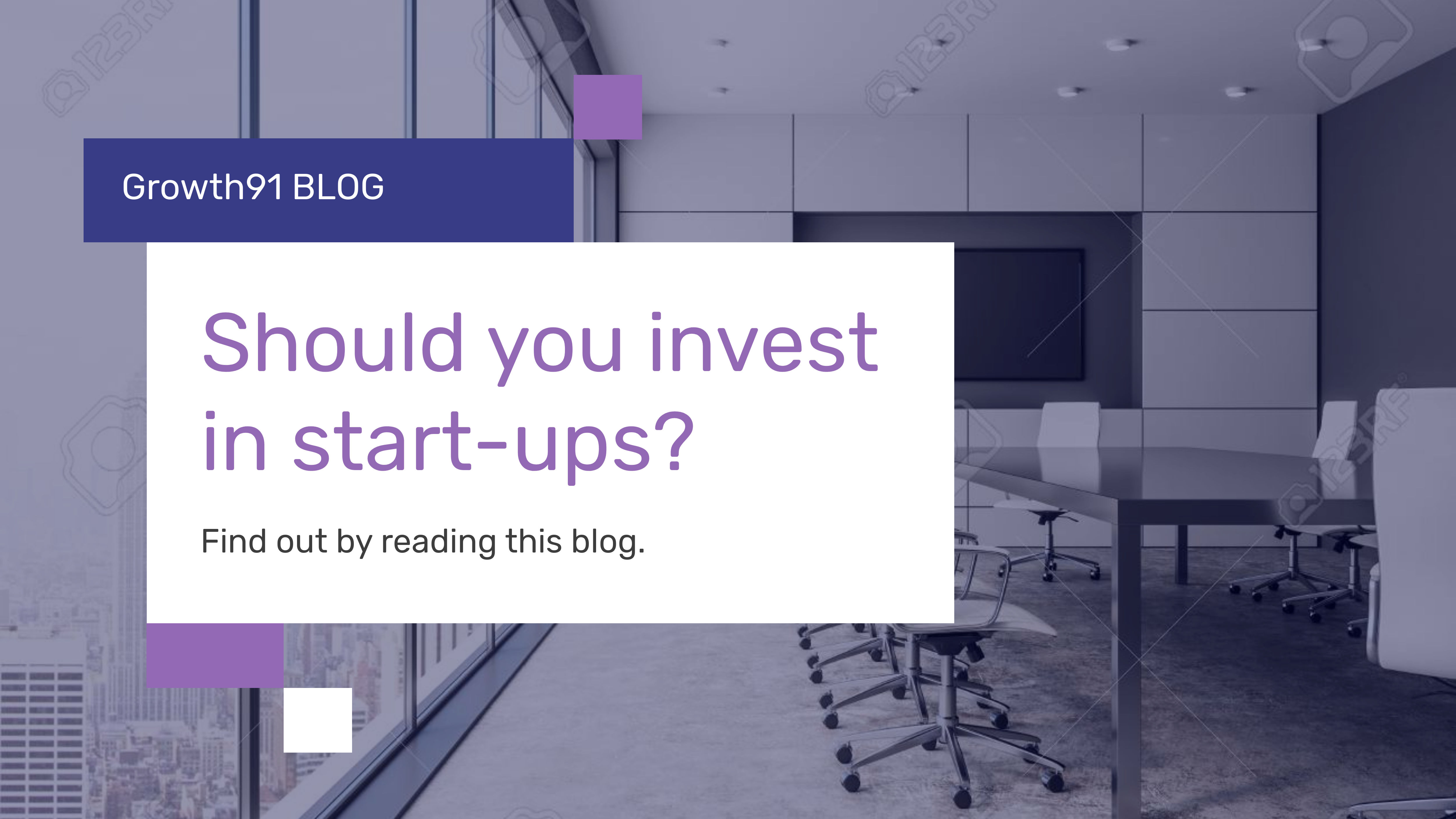
As a serial investor, there comes a point where you would’ve encountered startup investing and no, we’re not talking about investing in your nephew’s lemon stand business (although the free lemonades aren’t a bad ROI). We’re talking about investing in upcoming businesses and the benefits of putting your money into these new ventures. But before we get to it, let’s briefly take you through what exactly IS start-up investing.
Start-up investing refers to the process of investing money into early-stage companies that have the potential for high growth. Start-ups are typically new or relatively young companies that are trying to bring a new product or service to market.

They are usually looking for additional capital to help fund their operations, and they often offer equity in exchange for investment. This equity can then appreciate in value as the company grows, which can provide a return on investment for the investor.

Start-ups can be in a wide range of industries, from technology and biotechnology to consumer goods and services. Start-up investing is generally considered to be a high-risk, high-reward proposition, as many startups fail, but a few may go on to become very successful and generate significant returns for investors.
Now let’s highlight some of the benefits of investing in start-ups. High Potential for Growth: Startups have the potential for high growth, which can result in substantial returns for investors if the company is successful.
Diversification: Investing in startups can help diversify a portfolio and potentially reduce risk.
Early Access: By investing in startups, you can get in on the ground floor and be a part of the company’s growth from the beginning.
Potential for Equity: Investing in startups can provide an opportunity to own a piece of the company, which can increase in value as the company grows.
Networking Opportunities: Investing in startups can provide opportunities to network with entrepreneurs and other investors.
However, investing in startups is also associated with high risk and the potential for loss of capital, as many startups fail. Therefore, it’s important to carefully consider the potential benefits and risks before making any investment decisions.
The question that now arises is, are start-ups actually worth investing in? Why not park your investments in the market and other commodities? Well, it all depends on what kind of investor are you! As mentioned above, investing in startups can be a high-risk, high-reward proposition. On one hand, startups have the potential to generate substantial returns for investors if they are successful. On the other hand, many startups fail, and investors can lose their entire investment.
Whether investing in start-ups is worth it or not depends on several factors, including your investment goals, risk tolerance, and investment portfolio. Some investors may consider startup investing to be a good fit if they are looking for high-potential opportunities to diversify their portfolio and have a long-term investment horizon. Others may prefer to stick with more traditional investments that offer lower risk and stability.
In general, it’s important to carefully research and understand the potential risks and rewards of startup investing before making any investment decisions. It may also be helpful to work with a financial advisor who has experience in this area. This is where we come in! Growth91 is not just your advisor, but your partner. Hey! We’ve invested in the same businesses and would never advise you to put your money where we wouldn’t. It’s that simple.
So if you think you want to start investing in start-ups, well, we’re just one sign-up away at www.Growth91.com/signup
You may also email us at [email protected]
Visit our website www.Growth91.com
Follow us on LinkedIn at @Growth91
For any queries reach out to [email protected].

Leave a Reply